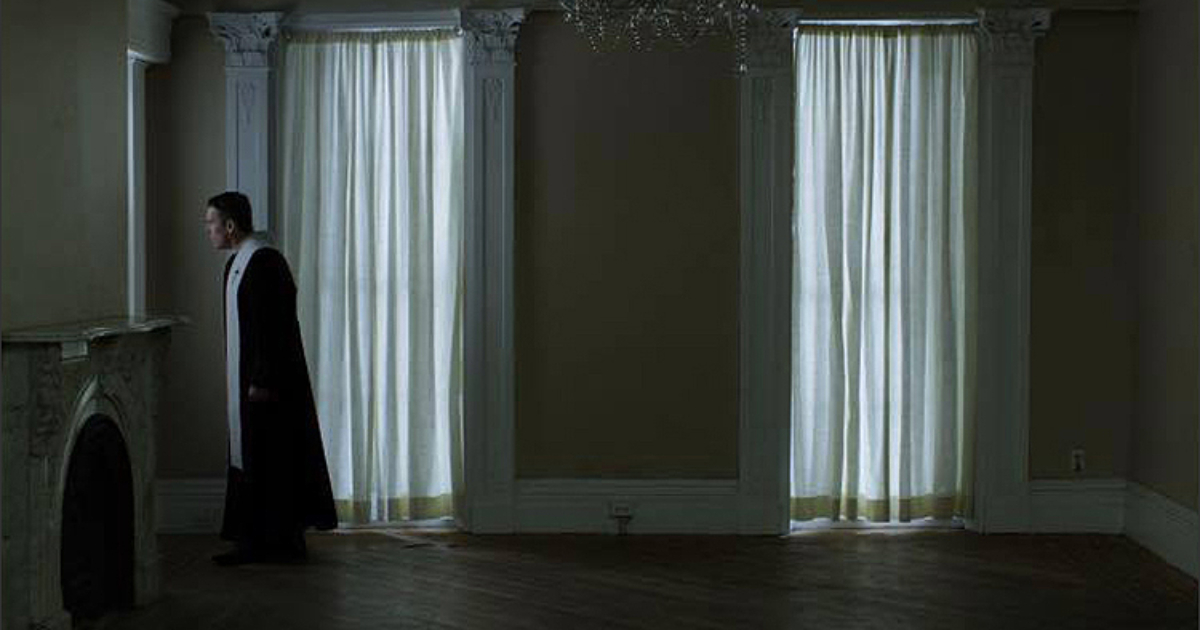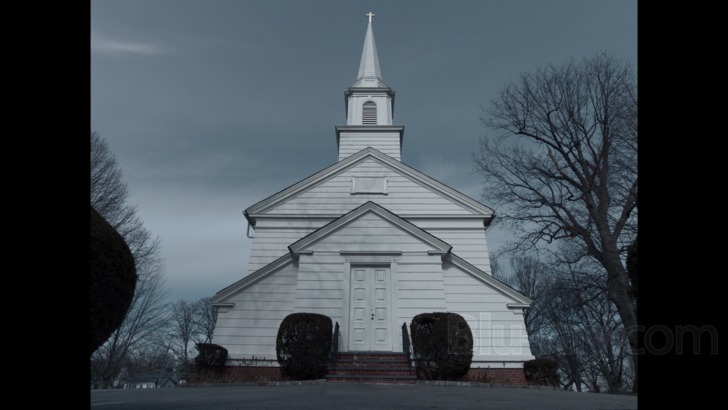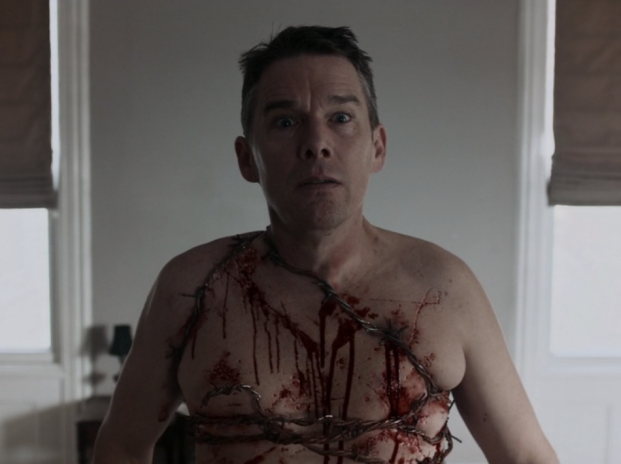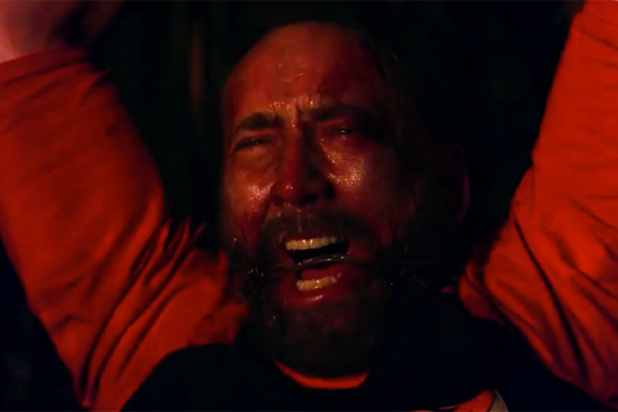Last summer I read
The Electric Kool-Aid Acid Test and it gave me anxiety, and then this spring I returned to Tom Wolfe only because I had bought
A Man in Full" at a used book sale so why not, and honestly you could've told me these books were written by two different authors.
I love Kerouac's
On the Road so I naively expected a similar experience with
Kool-Aid -- oh how wrong I was. Yet another book where I kept needing to Wikipedia-verify that I was actually reading a realistic account of real people. I only vaguely knew of Ken Kesey and the LSD scene prior to this book, and obviously my impression of Neal Cassady was from his youth during
On the Road, so I was not anticipating an encounter with such total human wreckage. The fact that Kesey wrote
One Flew Over the Cuckoo's Nest and then went on to have this wild faked death and fugitive period in Mexico is incredible. I guess this book is a great read for people looking to be dissuaded from doing LSD. As someone who can be a control freak, reading about people living in literal, total, mental chaos gave me this morbid creeping anxiety. The Cow Palace concert with The Beatles is something I've thought of several times since I read this book, where everyone just begins to have a vividly terrible trip.
TL;DR -- Drugs can be not great, Bob.
Wolfe wrote
Kool-Aid from the perspective of a journalist a la Hunter S. Thompson (hey look another chaotic anxiety-inducing narrator) and used a stream-of-consciousness style very much like Kerouac. This was fine, but it wasn't inspiring enough for me to want to go out and read more of his work afterwards. I ended up coming back to him through the "to-read" stack and this time it was the fictional/satirical
A Man in Full about, I guess, Atlanta in the early 1990s.
A Man in Full was one of the most entertaining books I've ever read, period. If it was about anything, maybe it was about the Stoics and the redemption of a real estate developer and the relationship between black and white in suburban Atlanta and racist policing and trophy wives and Trump and college football and plantation history. There is something for everyone. I loved the characterizations in this book, holy shit. The descriptive writing was pure art-- a sumptuous style that you can really just sink into and enjoy the words and the image it creates in your mind (Cormac McCarthy's
Suttree is another book that does this to perfection). Protagonist Conrad Hensley takes a whole damn journey -- his worst chapter was a painful nightmare to read, but after the Stoics get introduced things really take off into a wonderful direction. The plot is improbable and zany, characters come in and out and some of them have no resolution, and I loved it. I didn't want the book to end! Considering it was published back in 1998, it's aged extremely well and many of the power situations in the book are, unfortunately, still evident today. I thought Charlie Croker for the majority of the book could've been a dead ringer for Trump, but maybe that's just where my mind is these days.
Looking back at these books side-by-side and my nearly opposite reactions to them, they both have large and hyper-detailed casts within a loosely-structured story. I just don't think I cared for his stream-of-consciousness style choice in
Kool-Aid -- maybe I would've enjoyed that story more if it was written like
A Man in Full but you can't really have
Kool-Aid without that creepy/crazy style.
Really excited to pick up
Bonfire of the Vanities.
"One of the few freedoms that we have as human beings that cannot be taken away from us is the freedom to assent to what is true and to deny what is false. Nothing you can give me is worth surrendering that freedom for. ... What is it you're looking for in this endless quest? Tranquility. You think if only you can acquire enough worldly goods, enough recognition, enough eminence, you will be free, there'll be nothing more to worry about, and instead you become a bigger and bigger slave to how you think others are judging you." -- Charlie Croker
Bottom line: I repeat,
A Man in Full was one of the most entertaining books I've ever read.
Post-script: I left this book at the Hong Kong airport bathroom as I was embarking on a trip around Southeast Asia because I just didn't have the luggage space. Hope it found a good home. A few months later, Tom Wolfe died. I saw him years ago giving an author talk at the Philly library for
Back to Blood, before I knew anything other than his famous name, and I wish I had read his work earlier.







